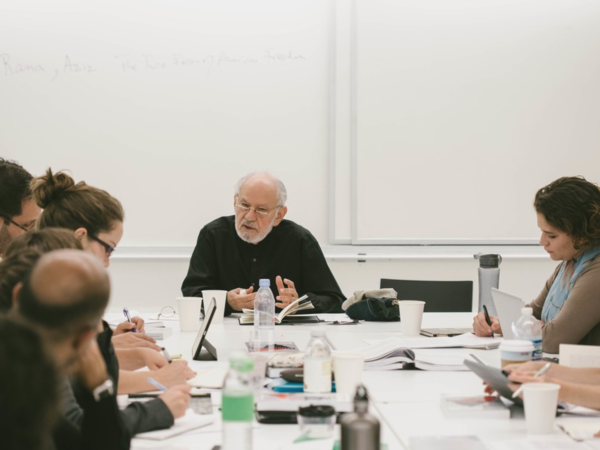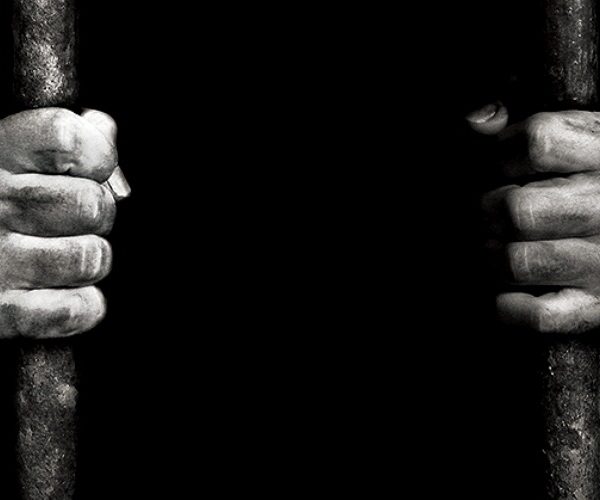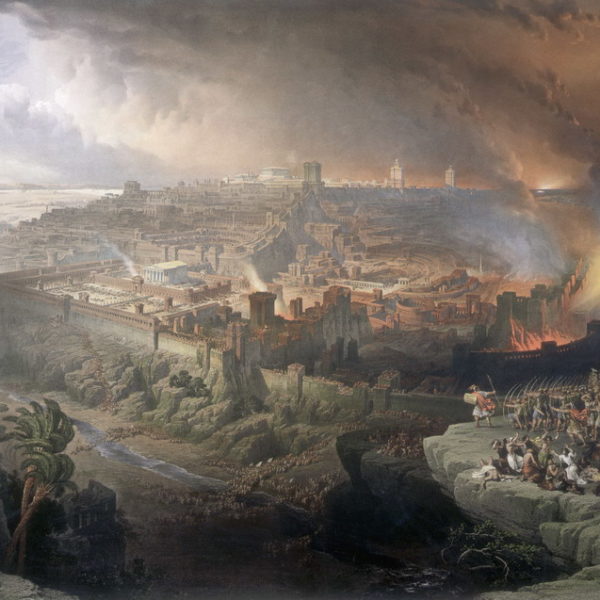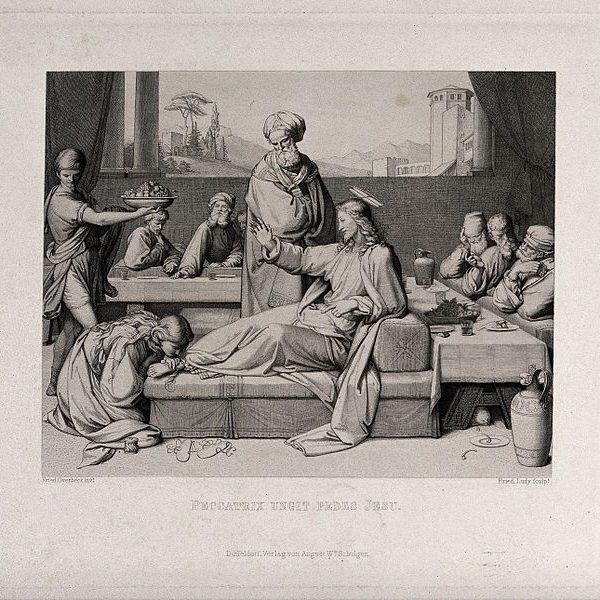
…with a quite undemocratic form of politics. In your view, how does a radically democratic theological perspective draw from and differ from these prior forms of religiosity and their theological…
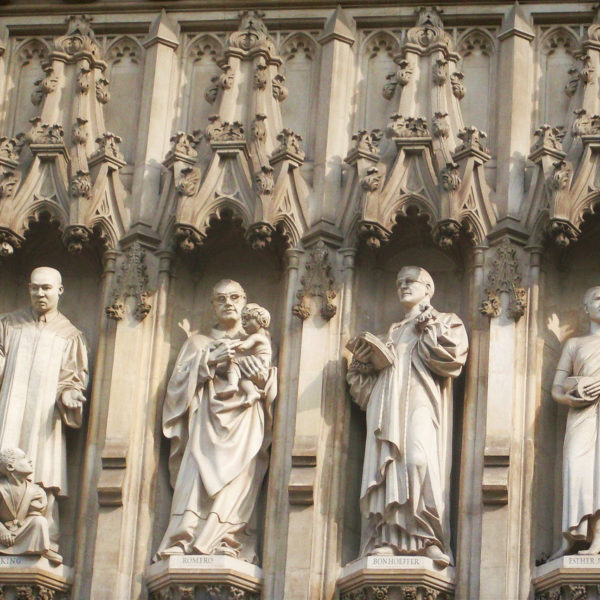
…of the self and friendship that is the natural breeding ground for totalitarian politics.”[11] Hauerwas goes on to suggest that Bonhoeffer’s poem itself constitutes an alternative politics in which an…
…the negative reaction? Is not politics inherently ethical? And does not the left seek to take a better ethical approach to economics, society and politics? Do we all not want…
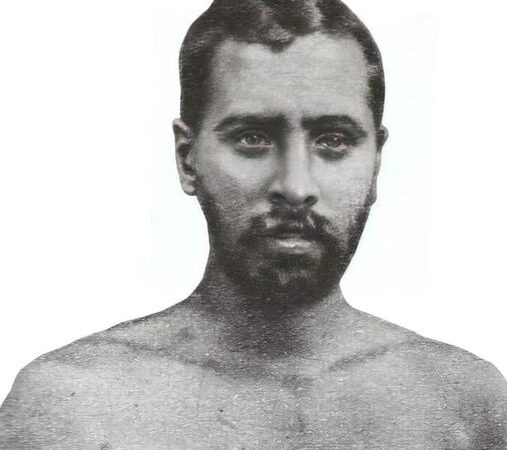
…operational here could thus be tentatively called an anti-political theology. Anti-politics in the sense of the rejection of politics in favor of the immediacy of the oppositional freedom, and in…

…as mad as hell, and I’m not going to take this anymore.“ In the past week this line has cropped up as the single caption for contemporary politics on both…
